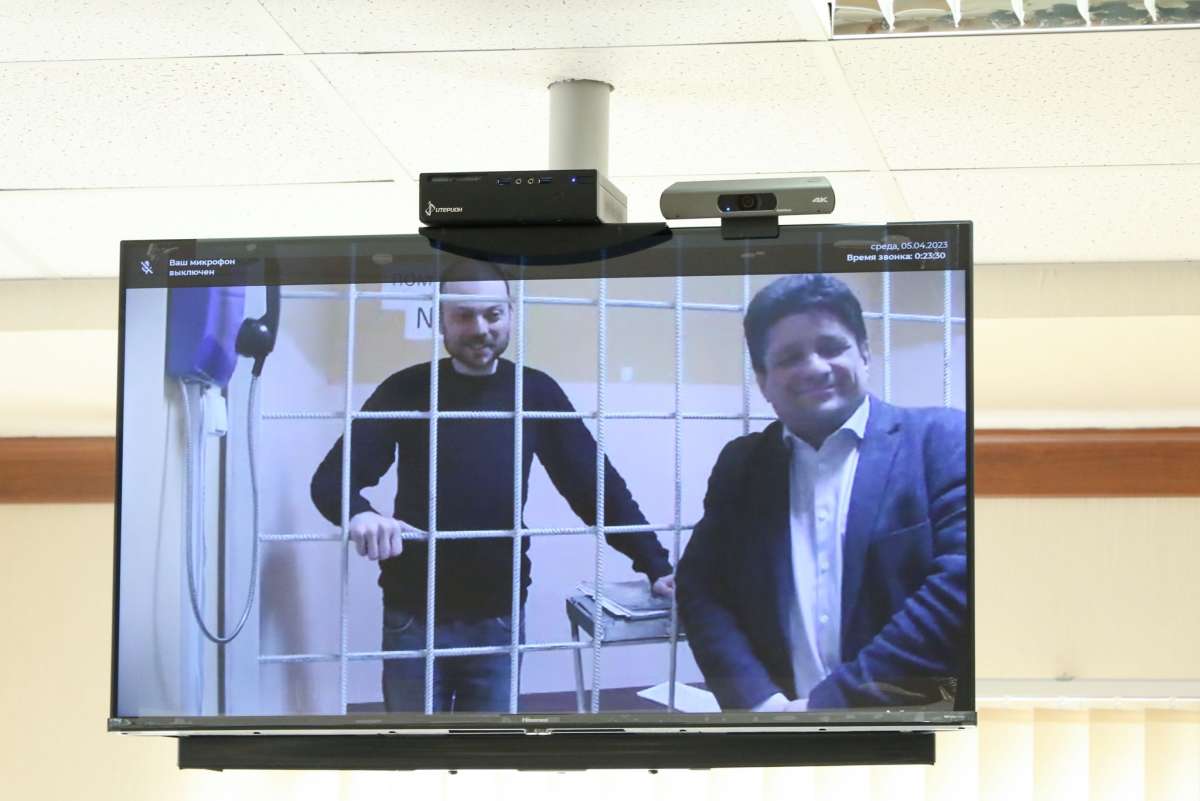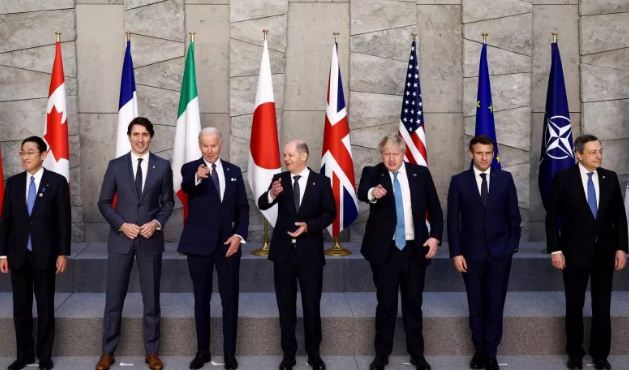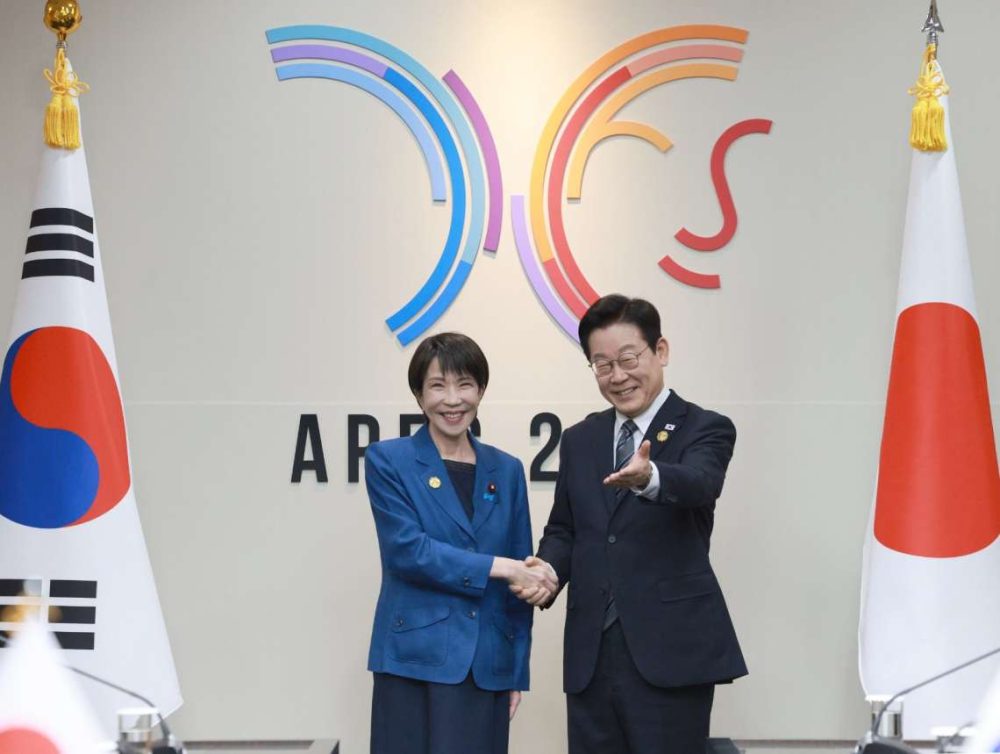These instances underscore the systematic suppression of independent voices by Russian authorities, prompting urgent calls for the immediate and unconditional release of arbitrarily detained persons…reports Asian Lite News
The UK and 40 other members of the Organisation for Security and Co-operation in Europe (OSCE) have voiced profound alarm over egregious human rights violations unfolding within the Russian Federation.
Invoking the Vienna (Human Dimension) Mechanism, the aligned countries underscored the imperative for the Russian Federation to provide concrete and substantial responses to seven crucial inquiries pertaining to arbitrary detentions, targeting of political dissenters, and reports of torture within Russian detention facilities. Despite the ten-day deadline stipulated by the Vienna Mechanism, the Russian Federation has remained conspicuously silent for 27 days, failing to meet its obligations.
Of significant concern is the plight of individuals like Vladimir Kara-Murza, a prominent human rights activist, politician, journalist, and historian, who languishes in inhumane conditions without access to urgent medical attention. Kara-Murza, who survived two poisoning attempts, currently endures a 25-year prison sentence, emblematic of the grave risks faced by incarcerated members of the opposition.
Furthermore, the coalition highlighted the case of Ilya Yashin, sentenced to eight-and-a-half years in prison for his advocacy against reported war crimes committed by Russian forces in Ukraine. Oleg Orlov, designated a “foreign agent” for opposing Russia’s aggression in Ukraine, was sentenced to two years and six months for purportedly discrediting the Russian army.
These instances underscore the systematic suppression of independent voices by Russian authorities, prompting urgent calls for the immediate and unconditional release of arbitrarily detained persons. The coalition expressed grave concern over politically motivated prosecutions based on vague charges like “extremism” and “false information,” coupled with reports of torture and ill-treatment in detention facilities.
Citing relevant OSCE commitments, the coalition urged the Russian Federation to provide substantive responses to their inquiries without delay, emphasizing that human rights concerns transcend internal affairs and demand global attention. The coalition affirmed their commitment to pursuing answers through OSCE structures and other multilateral forums, underscoring the imperative for the Russian Federation to uphold its obligations in the realm of human rights.
The OSCE nations comprise of Albania, Andorra, Austria, Bosnia and Hercegovina, Belgium, Bulgaria, Canada, Croatia, Cyprus, Czechia, Denmark, Estonia, Finland, France, Germany, Greece, Iceland, Ireland, Italy, Latvia, Liechtenstein, Lithuania, Luxembourg, Moldova, Monaco, Montenegro, Netherlands, North Macedonia, Norway, Poland, Portugal, Romania, San Marino, Slovakia, Slovenia, Spain, Sweden, Switzerland, Ukraine, United Kingdom, and the United States.









